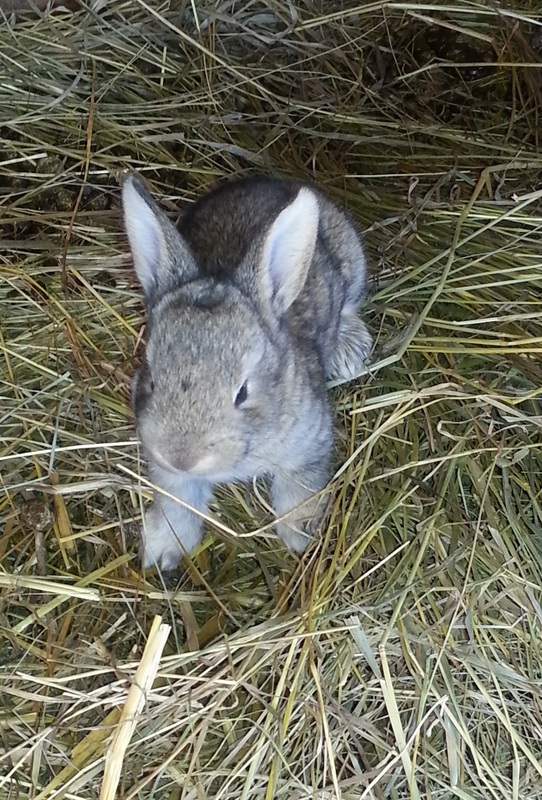My life progressed in an unusual fashion, and I was fortunate enough to create opportunities to do whatever I wished to. I had many careers and enjoyed most of them, yet in the back of my heart, the memory of the farm was sweet. Some of that had to do with my cousin, Joyce, who was 7 years my senior and I looked up to her like a goddess. She lived on the farm.
I tried briefly to do a little when I was an interior designer living in the district of Chilliwack, but the land was only 7 acres, and in town, so my options were limited. I had 2 sheep and 2 cows and a friend boarded some horses. I did not much like the horses, but the cows were interesting and the sheep were beautiful. We raised some pigs to butcher and I fell in love with them. They were personable and friendly and came when I called them, wagging their tails, just like the dogs. Oh, the dogs! I had 7 border collies. There were the loves of my life then, other than my kids. The mini farm did not last long and I moved to White Rock to care for my elderly parents.
Still, I thought about racing the dogs in the fields and playing hide and seek in the tall grass, listening to the bellow of the cows and enjoying it so much. I even had some chickens, but was still very afraid of them, so could not go in the coop to collect eggs. The kids had to do that and no one enjoyed the chickens.
So, I made a plan to have a farm when I retired, and a bed and breakfast. I studied and learned much about farming, organic farming that is, farming the natural way my grandfather might have. I read constantly and became fairly knowledgable on paper, but didn't have any experience. I bought books on organic farming, raising livestock naturally, and found the way I wanted to proceed. Masnubo Fukuoka became my hero. He was a Japanese farmer that used livestock and nature to farm. He didnt believe in weeding. I liked him already.
I have noticed that other people who have a strong desire to farm, but have come from the city, are better informed than farmers who have grown up on a farm and never left, generally. They are also more open minded, more open to learning new methods, and open to finding solutions to problems that are not used simply because that is the way it was always done and who knew why. Another aspect, is that the city farmers can read and write English with proficiency. Sometimes it is just downright impossible to decipher the writing of a farmer who has grown up on the farm and never left. Most did not even graduate high school, but then maybe they did not need to.
The city farmers do things differently. They listen to advice but not necessarily heed it. Why would they if it contradicts their instincts and is counterproductive? Some of the experience of an old farmer is invaluable. The assistance provided for a cow who cannot birth her calf on her own, from a farmer who grew up birthing calves, is something that, although you can read it in books, until you participate in it, you just don't know.
I don't know many city farmers. Most people do not choose to retire to work harder than they did while they were in the paying work force, though the ones who do are dedicated and committed. I am. I am not going to farm forever. I like the life, but it is lonely at times since I am alone and it is very hard work. Being self sustainable is wonderful though, and part of the reason I came to this northern place. In a few years, I will be done with my farming experience and will move forward to the last part of my life journey, whatever it is. Until then, I farm and am a city farmer and proud of it.


 RSS Feed
RSS Feed